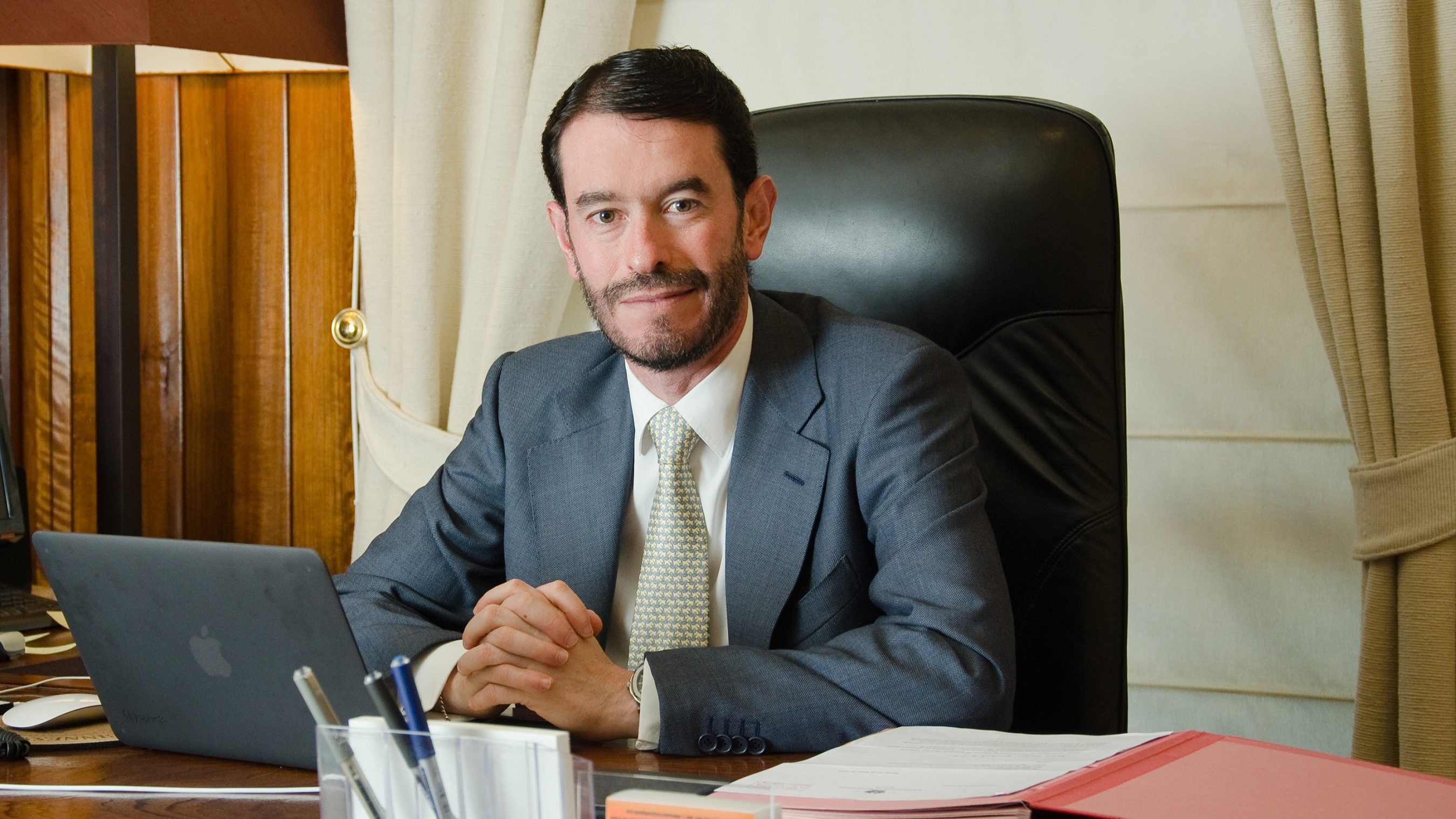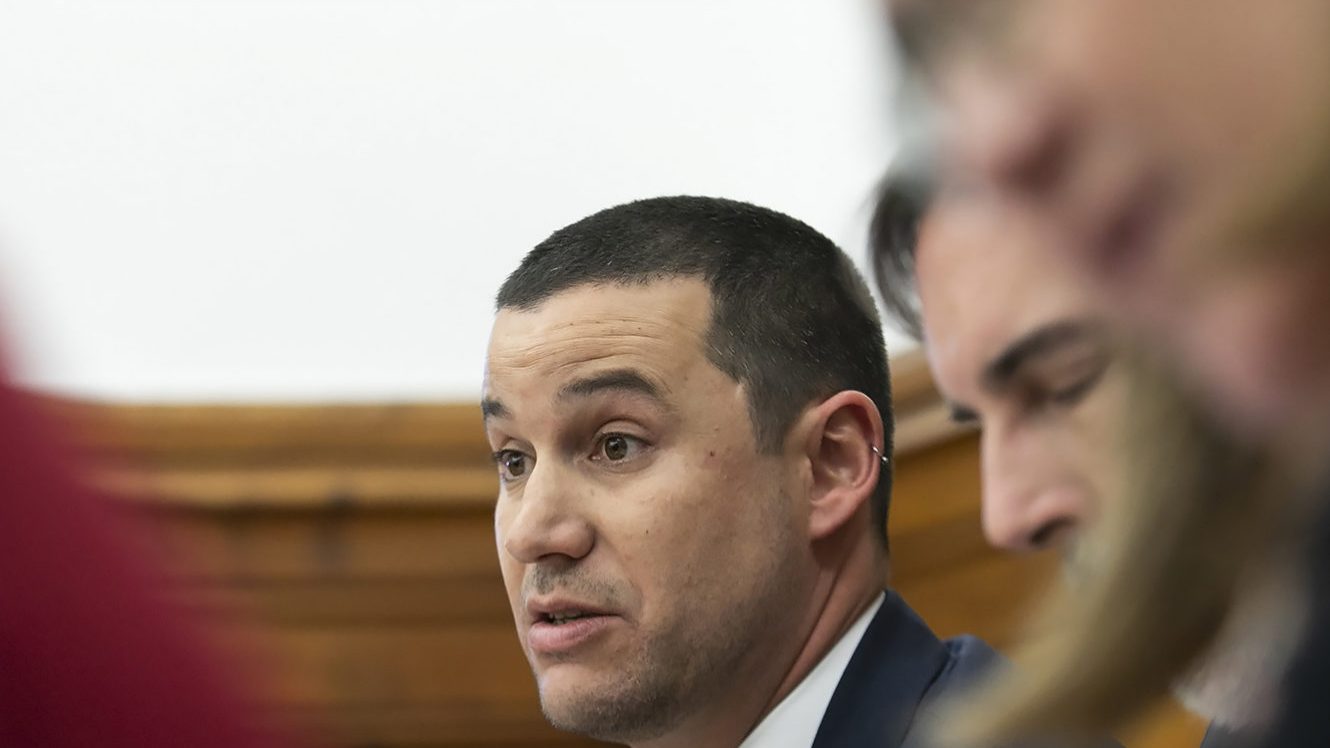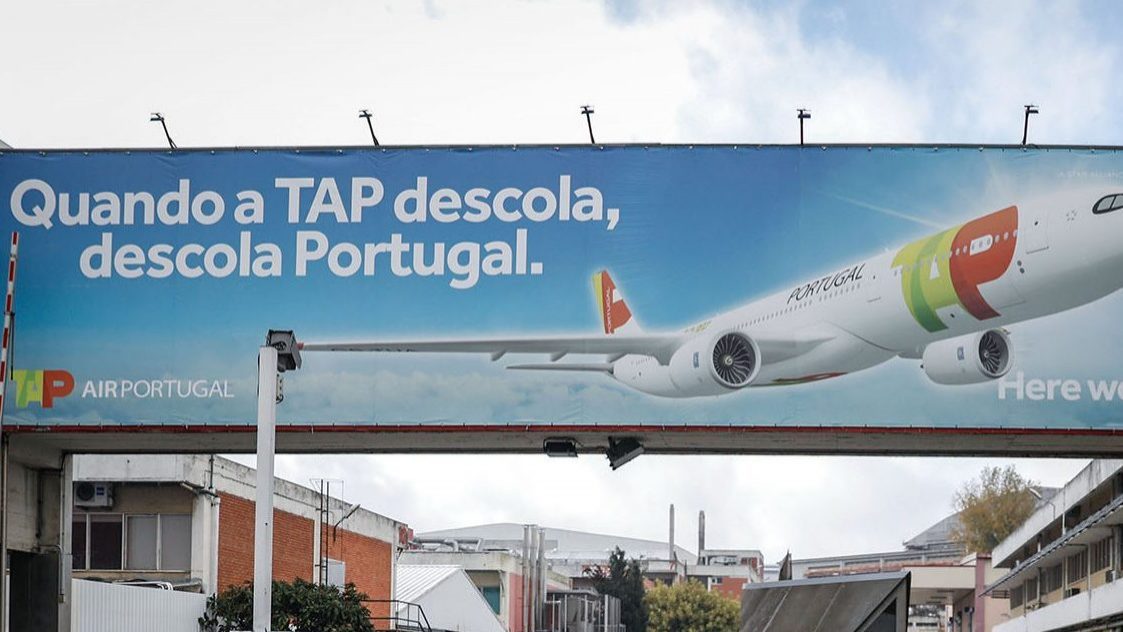Lufthansa ‘agreed to hold minority’ in TAP in 2020
According to the former TAP non-executive director, "the hypothetical transaction that was on the verge of happening was very interesting" with the German airline.
Former TAP director Diogo Lacerda Machado said on Thursday that in 2020, Lufthansa was keen on investing in TAP and “would accept being a minority shareholder”, which would allow the company to remain national and “with effective management in Portugal”.
During the hearing at the parliamentary committee of inquiry into TAP, which lasted nearly six hours, Diogo Lacerda Machado was questioned by Left Bloc MP Mariana Mortágua about a response given earlier in relation to the privatisation when he said he was “neither sure nor certain” that “what was very good in February 2020, which was on the verge of happening” would happen now.
According to the former TAP non-executive director, “the hypothetical transaction that was on the verge of happening was very interesting” with the German airline.
“Lufthansa was enthusiastic about investing in TAP, it wanted to effectively develop the Lisbon hub. The airport was a terrible constraint,” he began.
More than that, according to Lacerda Machado, “Lufthansa accepted being a minority shareholder and accepted the same strategic commitments”.
“This means that TAP would continue to be a Portuguese company, with its identity, with its brand, with effective management in Portugal, with jobs, with Portuguese suppliers, paying taxes in Portugal and contributing to the balance of payments and transactions and being the largest exporter of services in Portugal,” he listed, adding that he learned of this interest in April 2019.
A meeting with the minister at the time, Pedro Marques, in 2015 to begin negotiations to change the shareholder structure, which at the time was 61% of Atlantic Gateway, was mentioned several times at the hearing.
“The meeting went as badly as possible,” he recalled, admitting that “one could be on the verge of reversing” the privatisation carried out in the final stretch of the PSD/CDS-PP government.
According to Lacerda Machado, “after the initial shock,” the consortium owned by David Neeleman and Humberto Pedrosa measured “the risks they were running”, and the shareholders “decided to accept the negotiation process” that led to the state regaining strategic control of TAP with 50%.
In relation to the support of €3.2 billion, Lacerda Machado stressed that it does not even reach the average value of aid to similar companies in the states that have also provided aid and that “of the other 20 or so companies”, such as Air France/KLM or Lufthansa, only one has reimbursed the money.
“I am also convinced that TAP, given the conditions, may take a long time, but it will pay the money back,” he said, adding that the insistence in the speech that TAP will not repay the value of the support “is a very poor service that is being provided”.
For the former board member, this narrative can have the “perverse effect” of signalling to interested parties: “buy at a discount, take advantage”.
Still on the rescue and restructuring support, he said that as the problem is TAP SGPS and not the carrier (TAP S.A.), it is the latter that should have asked for help.
When questioned about a “falling out” between former CEO Antonoaldo Neves and former minister Pedro Nuno Santos, which led to the departure of the CEO, now at the head of Etihad Airways, Lacerda Machado acknowledged having had “very difficult moments” with the Brazilian manager, whom he considers his friend.
Finally, questioned about bonuses worth €1.171 million paid to 180 workers, relating to 2018, a year of high losses, Lacerda Machado explained that “they were not bonuses” but variable remunerations.
The friendly relationship between Lacerda Machado and the prime minister was brought up several times during the hearing, and the former administrator even confided that if had António Costa had chosen to be a lawyer, he would have been rich, but he chose to be poor.


